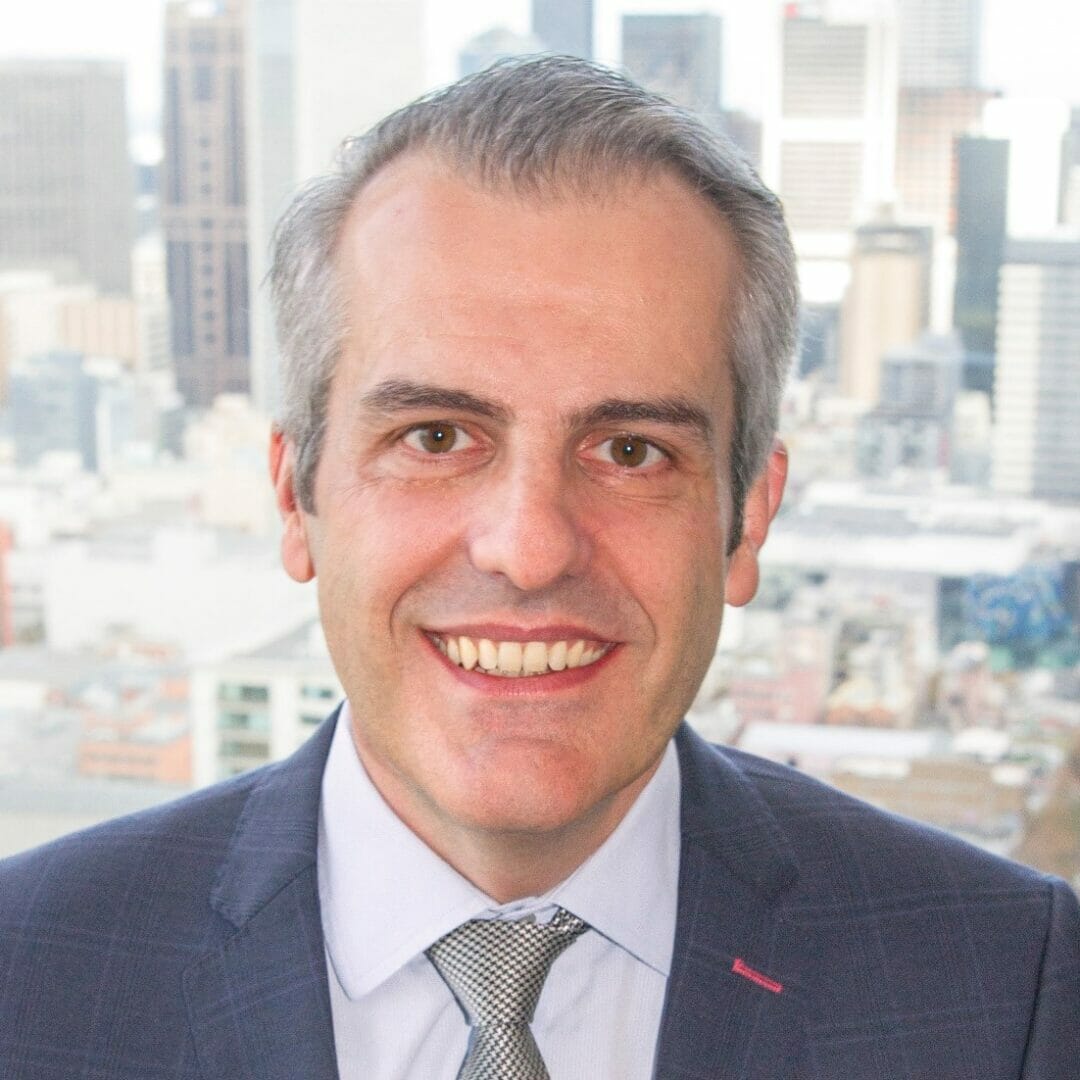Fire safety is set to be the trending topic at the Institution of Chemical Engineer’s (IChemE) process safety conference Hazards Australasia 2018.
Following the Grenfell tower fire in London, UK, in June 2017, Dame Judith Hackitt and Stan Krpan were assigned to lead the work in the UK and Australia on the issue of cladding material for residential buildings. They will both sit on the Building Fire Safety panel at the conference, who are both leading work in the UK and Australia, respectively.
Former IChemE President, Dame Judith Hackitt, currently leads the Independent Review of Building Regulations and Fire Safety in the UK. An interim report was published in December, with a final report on the findings expected later this year. The report will examine the UK’s building and fire safety regulatory system, with a focus on high-rise residential buildings. Recommendations will also be made, to ensure a robust regulatory system for future buildings, and provide further assurance to residents. Hackitt was appointed as Chair of the UK’s Health and Safety Executive in 2007, before taking over as Chair of the manufacturing trade body EEF in 2016.
Stan Krpan is CEO of Sustainability Victoria, Australia, and has extensive experience in executive roles, leading reforms in law, health, safety and environment regulation. The Grenfell tower incident highlighted the issue of combustible cladding both locally and internationally and resonated with Krpan who spent five months leading the Victorian Cladding Taskforce, created after the Lacrosse fire in Melbourne in 2014.
Dame Judith Hackitt DBE FREng FIChemE FCGI said:
“There are still lessons to be learnt for everyone working in process safety and risk management. The Hazards Australasia 2018 conference and programme is an important reminder of that, and I’m keen to share my own experiences as part of the discussion on fire safety.”
The OHS Body of Knowledge and IChemE Safety Centre (ISC) will host a separate panel discussion exploring the question: How can process safety leverage off personal safety?
The panel, chaired by Hackitt, will look at how process safety can use personal safety-based programmes as leverage. In April 2017, the IChemE Safety Centre (ISC) and the Safety Institute of Australia took major steps in closing the knowledge gap between health and safety professionals and process safety engineers, publishing two process safety chapters in the OHS Body of Knowledge, and online resource used all over the world.
ISC will also showcase Lift Off – the latest of its interactive process safety case studies. It concentrates on ethical decision-making, day-to-day process safety challenges and how to manage industrial pressure to make trade-offs between safety and production.
IChemE Safety Centre Director, Trish Kerin, who will facilitate a workshop on the one of latest case studies, said:
“Anyone who works within process safety and risk management for chemical process facilities or hazardous materials can learn from other industries.
“I’ve been a part of the conference and worked in process safety for many years now and at each of IChemE’s Hazards conferences I learn something new. As professionals we’re constantly developing better practices, but the best way to do this collectively is by sharing at conferences such as these.
“I’m excited to lead the interactive workshop on Lift Off. It will put delegates in the story as it unfolds, where they individually make decisions based on the information they have and see how the story plays out. Participants will use mobile technology to share their decisions in real-time.”
Furthermore, Rick Engler, who was nominated by President Barack Obama to the U.S. Chemical Safety and Hazard Investigation Board in January 2014, will deliver a plenary session titled Key Process Safety Challenges: A View from The US Chemical Safety Board.
Engler spent more than four decades helping to prevent chemical hazards. Much of his work focuses on ensuring that workers and the public have a “right to know” about the chemical dangers they may be exposed to, on the job and in the community, and that government agencies operate transparently.
Hazards Australasia 2018 takes places on 26-27 June at Hyatt Regency, Perth, Australia. The conference has been generously supported by PAS and DNV GL. Delegate registrations are open now via: https://icheme.eventsair.com/hazards-australasia-2018/hazardsaus2018rego
For more information on the event, or if any companies wish to sponsor or exhibit, please visit www.icheme.org/hazardsaus2018







